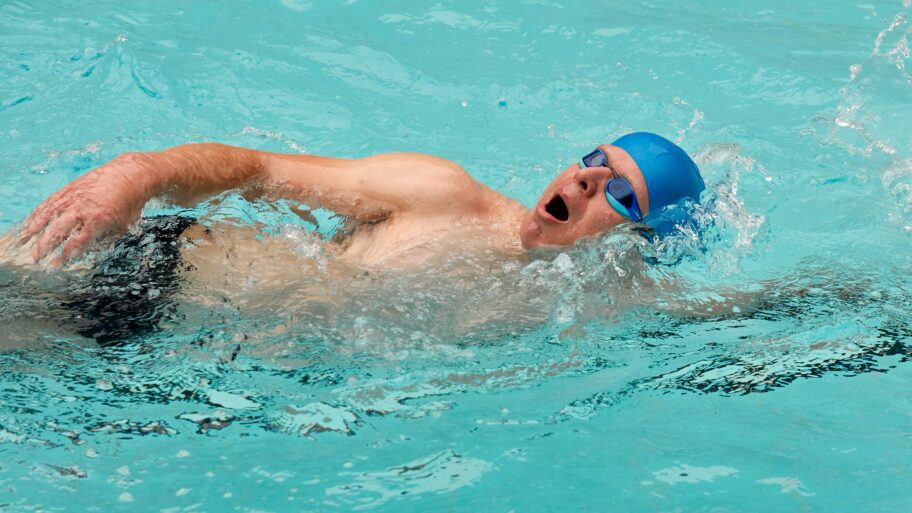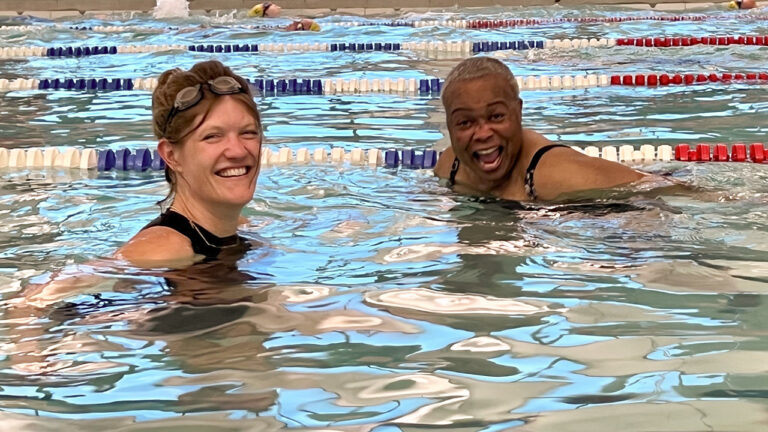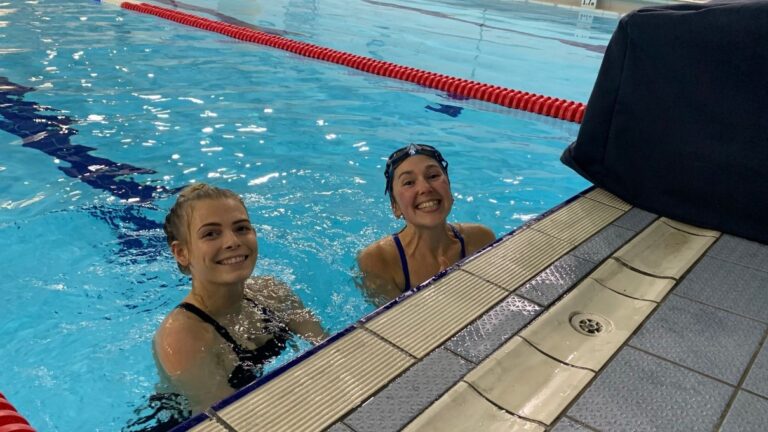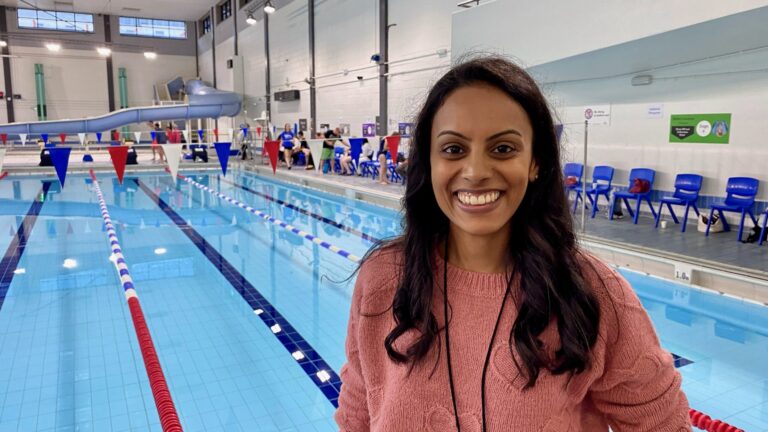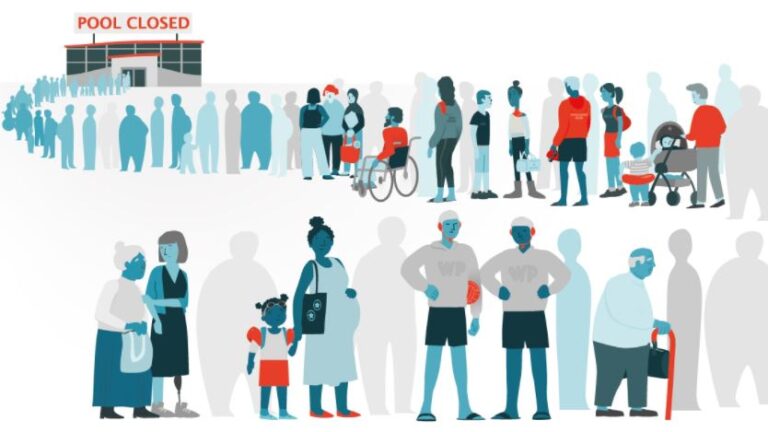Breathing is a technique taught to beginners, but it is always worth revisiting and improving. Often overlooked in training, breathing is actually an important part as it enables your body to do the physical effort and gives you confidence. Whilst breathing is subconscious in daily life or in other sports, you have to make an extra effort in the water to breath at the right time and in the most efficient way.
Why Breathing Is Important
Deep breaths are the most efficient way while swimming and it can therefore improve your technique. For the same level of physical effort, some swimmers can reduce their respiratory rate and be more efficient.
Inexperienced swimmers may feel out of breath if they don’t breathe the necessary amount of air to fulfil their body requirements when exercising. Breathing challenges can be especially true for people with disabilities who may have conditions affecting their breathing. Beyond the lungs and breathing capacity, the heart also plays a major role.
Not getting enough air in can be a scary feeling and in turn, impacts your confidence. You may face poor oxygenation, called hypoxia, which affects the muscles and can lead to cramps, so it is always worth working on your breathing.
How Breathing Differs in the Water
Contrary to the air where you can use both your mouth and nose (and it’s actually recommended to use your nose for many reasons), in the water you should always breathe through the mouth.
What adds to the difficulty of breathing in the water is that you need to coordinate between your arm and leg movements and breathing. You’ll need to practice the movements slowly to find the right timing.
The trick is to continuously and gradually exhale while your head is in the water. This will allow you to feel more relaxed as well as give you the ability to take a more efficient inhalation. All in all, you’ll be able to stay for longer in between each breath.
How Breathing Impacts Your Swimming
How well you breathe when swimming has an impact on the quality of your swimming technique: you cannot swim properly if your breathing is not synchronised with your movements for instance. It also impacts your buoyancy, balance and alignment of your body, propulsion and muscular effort. If you want to practice your breathing technique, look at those exercises from a previous blog.
